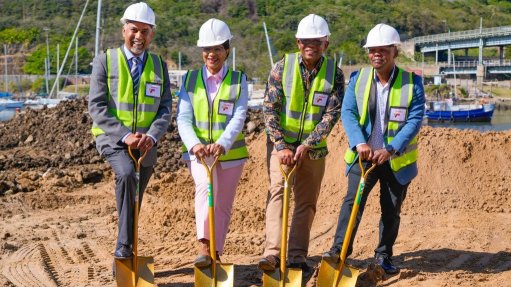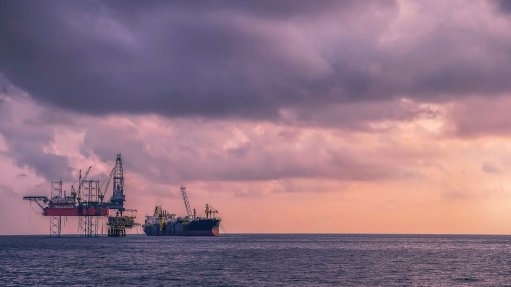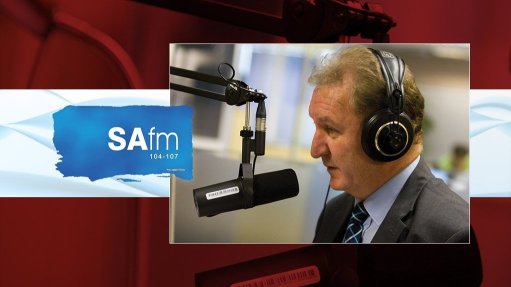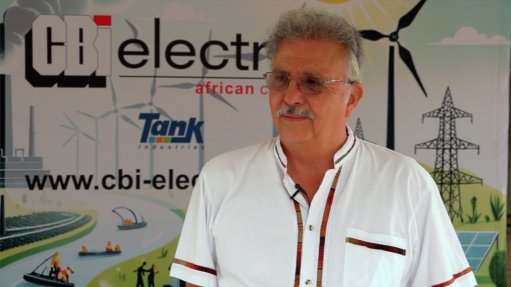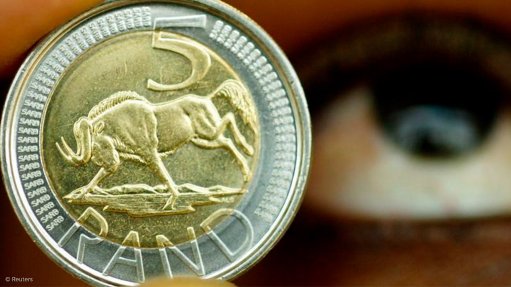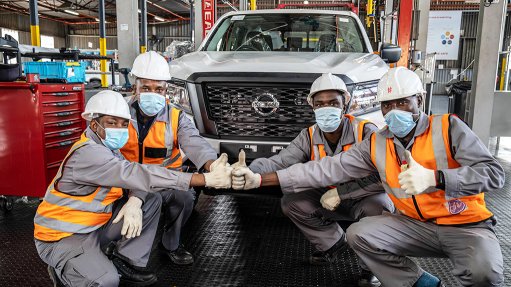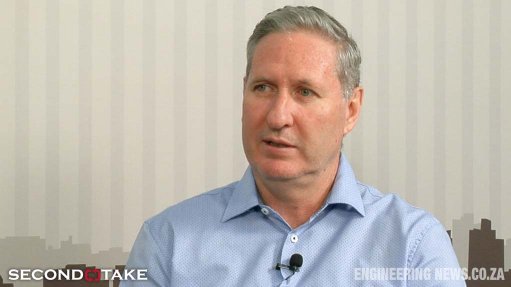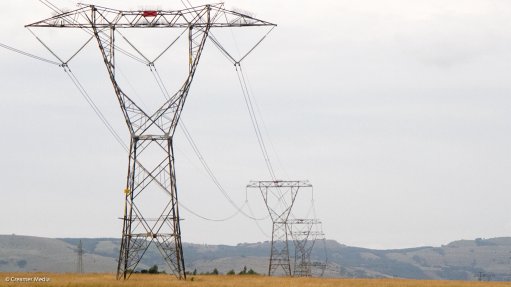Elon Musk promises a return to social media Wild West
Zambia’s President Hakainde Hichilema is famous for his expert use of social media platforms. His opponents taunted him as President only on social media – until the quiet crowds of his young social media-active followers lined up to give him a landslide victory last year.
Inspired, Zimbabwe’s new opposition party, the Citizens Coalition for Change (CCC), and its leader, Nelson Chamisa, are highly active on social media to encourage voter registration and voting – and to hold government to account for violence against its activists. It appears to be having results: Chamisa’s party won 19 of 28 seats in by-elections held in March, while the ruling Zanu-PF took only nine of the contested seats. The CCC’s bright yellow brand is well suited to social media and its visual algorithmic distribution.
Elsewhere, a citizen activist who tweeted about Ugandan President Yoweri Museveni’s ‘supersized’ son used social media to alert the world that he was being abducted by the military. The tweet may have saved his life but did not prevent his extensive torture.
Hichilema, now in office, continues his expert use of social media to highlight policy and discuss his goals and objectives. His most recent tweets celebrating World Press Freedom Day on May 3 highlight the collision course that traditional, social and new media are on:
• “We have a free operating environment for the Press. If there’s any nagging things that you see, let us know and we compare notes. The Ministry of Information is here and even State House is there. Let’s resolve issues collaboratively.”
• “Let’s work as a team to improve the working environment for the Fourth Estate. Thuggery like storming of radio stations should be a thing of the past @hichilema”
• “There are only Zambian military bases in #Zambia. Let’s not be debating falsehoods #PressFreedom.”
Great goals – to restore press freedoms that the thugs associated with former President Edgar Lungu’s regime routinely violated – but beyond creating a free legal and operating environment for a professional media, government has no role. The press, if truly free, must have access to power and be free to criticise it, but never as part of a government- inspired team. The third tweet shows where the President’s office and the Information Ministry have a role – to quash ‘fake news’ immediately.
Grappling with aspects of press freedom and freedom of expression brings to the fore another extraordinary event: the news that South African-born, Pretoria-raised billionaire Elon Musk spent $4- billion to buy Twitter, the social media platform favoured by Presidents, journalists and citizen activists alike. Twitter’s new owner claims to be in favour of free speech and has promised to make its algorithm public, make users identify themselves and rid the platform of non-human bots, as well as take the platform private – away from the scrutiny or interference of the markets and indeed most of the world’s media regulators.
However, media analysts fear that Musk objects to Twitter’s self-regulation, fact-checking and sanctioning of users – most famously ex-US President Donald Trump, preferring the ‘Wild West’ approach where anything goes in terms of freedom of speech and expression, no matter how offensive, lawbreaking or fake. The second aspect of Musk’s acquisition is the commercial one: Tesla’s stock makes him the richest man in the world but, as a new media baron, he is diversifying for the time the ubiquity of high-end electric vehicles hits his Tesla stock price. What that means for Twitter is that eyeballs on advertising will be just as important as they are now – meaning that a distorting algorithm fostering controversy and division and having angry people shouting into the Twittersphere will remain essential to the business model.
The prospect of another US-based billionaire – unaccountable to any of Africa’s elected governments or its people – having enormous unregulated sway over the political, social and economic lives of millions of people across Africa is a cause for concern and action. US-based platforms have shown themselves to be singularly deaf to African concerns about content that contributes to violence, proselytising terrorism, vaccine scepticism and other fake news. As elsewhere in the world, the end-to-end encryption of WhatsApp and the Meta (formerly Facebook) owned platform has ensured that this medium has become the main distribution channel for reams of fake information about Covid-19. Another South African, Simon Allison, launched The Continent – a new pan-African newspaper – uniquely distributed on WhatsApp and its rival, Signal, to counter WhatsApp as an unregulatable distributer of all-too-frequently fake news and false and harmful information by using it to distribute a quality newspaper – free.
What action is feasible? Africa’s leaders, journalists and citizen activists are at odds about what to do. The press needs social media to sell subscriptions but resent social media using their content and stealing their advertising revenues. Activists use it to raise the profile of single issues. Politicians recognise social media’s power is greater than the mainstream media ever was and now want to control it. Control usually means shutting down the Internet, causing millions of dollars of damage to the embryonic e-commerce sector. President Muhammadu Buhari banned Twitter from Nigeria altogether in 2020, after it had deleted one of his tweets for violating the platform’s policy on abusive behaviour.
The huge risk associated with social media is the algorithm that has the power to amplify any media message to millions of people all over the world – to capture an audience the size of the population of Kenya – in minutes. Unregulated and open to abuse – including by high-paying individuals, corporates, politicians or hostile governments – it risks curbing its value as a tool to strengthen democracy. Unchecked and programmed to amplify division and hatred, it can become dangerous very quickly, as recent xenophobic attacks in South Africa demonstrate. The anti-foreigner messages of the social media-led campaign, Operation Dudula, have escalated in recent times, leading to a rise in attacks in informal settlements: Elvis Nyathi, a 43-year-old gardener, was killed in Diepsloot, on the edge of Johannesburg, by a mob going door-to-door, apparently inspired by anti-immigrant social media ‘influencer’ Nhulanlha Lux Mohlauhi, who is often pictured in military fatigues.
Article Enquiry
Email Article
Save Article
Feedback
To advertise email advertising@creamermedia.co.za or click here
Comments
Press Office
Announcements
What's On
Subscribe to improve your user experience...
Option 1 (equivalent of R125 a month):
Receive a weekly copy of Creamer Media's Engineering News & Mining Weekly magazine
(print copy for those in South Africa and e-magazine for those outside of South Africa)
Receive daily email newsletters
Access to full search results
Access archive of magazine back copies
Access to Projects in Progress
Access to ONE Research Report of your choice in PDF format
Option 2 (equivalent of R375 a month):
All benefits from Option 1
PLUS
Access to Creamer Media's Research Channel Africa for ALL Research Reports, in PDF format, on various industrial and mining sectors
including Electricity; Water; Energy Transition; Hydrogen; Roads, Rail and Ports; Coal; Gold; Platinum; Battery Metals; etc.
Already a subscriber?
Forgotten your password?
Receive weekly copy of Creamer Media's Engineering News & Mining Weekly magazine (print copy for those in South Africa and e-magazine for those outside of South Africa)
➕
Recieve daily email newsletters
➕
Access to full search results
➕
Access archive of magazine back copies
➕
Access to Projects in Progress
➕
Access to ONE Research Report of your choice in PDF format
RESEARCH CHANNEL AFRICA
R4500 (equivalent of R375 a month)
SUBSCRIBEAll benefits from Option 1
➕
Access to Creamer Media's Research Channel Africa for ALL Research Reports on various industrial and mining sectors, in PDF format, including on:
Electricity
➕
Water
➕
Energy Transition
➕
Hydrogen
➕
Roads, Rail and Ports
➕
Coal
➕
Gold
➕
Platinum
➕
Battery Metals
➕
etc.
Receive all benefits from Option 1 or Option 2 delivered to numerous people at your company
➕
Multiple User names and Passwords for simultaneous log-ins
➕
Intranet integration access to all in your organisation






